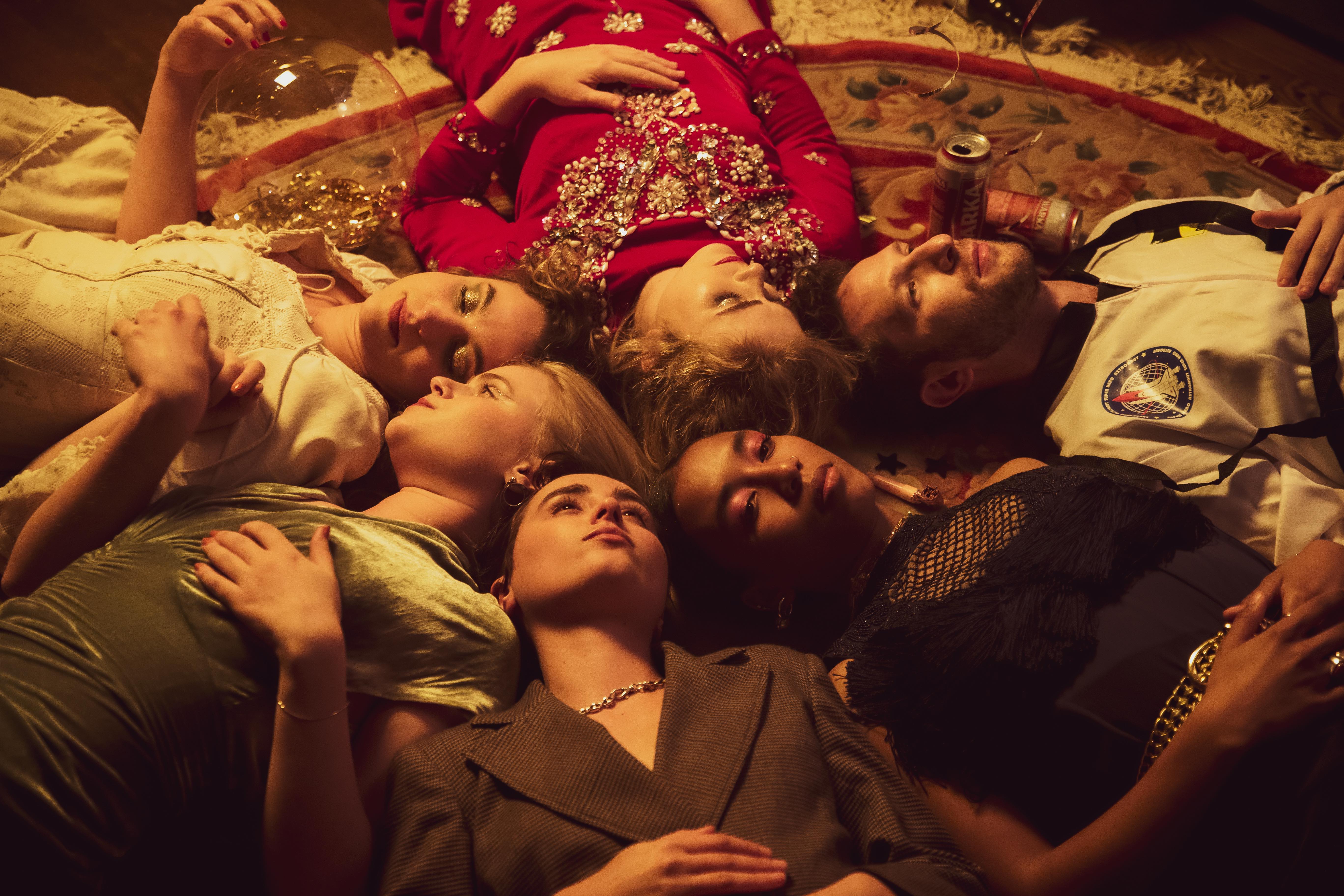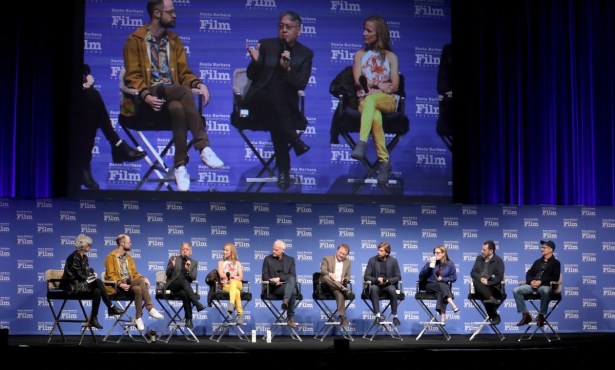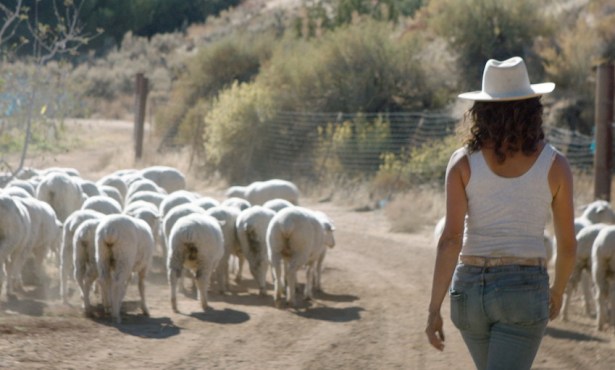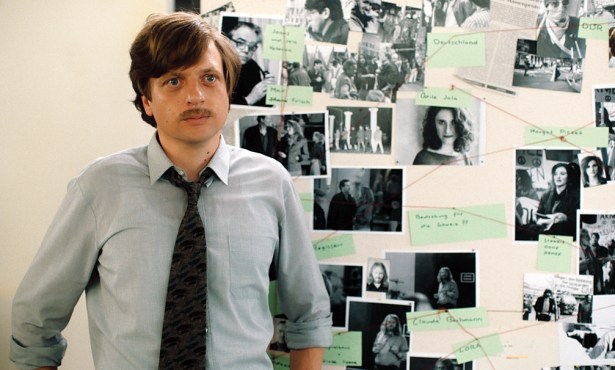

Mixing up sexuality, youth, homecoming, and escape, Highway One is about a New Year’s Eve party set in Cambria, where long-lost friends and messed-up lovers connect and disconnect. “This movie is such a love letter to California, and although mainly filmed in Southern California, I wanted it to be set somewhere rural, a small town that had a fishing-village mentality but also felt like a fairy tale, an escape — a representation of something,” said director Jaclyn Bethany, who also wrote the film. “To me, Cambria stands in for a place we leave and go back to in our lives as changed people.”
Bethany and producer Rebecca Morandi answered more of my questions below.
How did this story develop? Is it based on any personal background?
Jaclyn Bethany: It was actually developed from a 50-page outline where only the scenes between the lead characters were scripted. It was sort of inspired by the world of a Chekhov play, one of those endless dramatic parties, if you know what I mean. All the characters have Russian names as an ode to that world.
But I really built the story with the actors as each one came on board. I think I had a pretty strong visual idea of having it all set in this hyper-realistic party in this old hillside cabin, and then the cast just really brought it to life. It’s not really based on any personal history of mine, other than I moved away from home and have returned, and in those years in between I’ve felt out of place.
I wanted to incorporate surprising elements that felt very quirky and in a sense very “me” — because I am very unique in my own hometown, sort of like Maria. It also taps into my fascination with what’s real and what isn’t, especially in cinema. I think Fellini does that perfectly.
Rebecca Morandi: When Jaclyn and I first discussed the story, I was so fascinated by the international influences and intrigued by the original development process we decided to follow. The cast brought this story to life and made it even more real for us. I relate with the experience of moving away — in my case halfway across the world, from Italy to California — and then coming back to a world that sort of stayed the same while you have changed so much, or at least you believe you have.
Why did you decide to use Cambria as the setting?
JB: This movie is such a love letter to California, and although mainly filmed in Southern California, I wanted it to be set somewhere rural, a small town that had a fishing-village mentality but also felt like a fairy tale, an escape — a representation of something.
To me, Cambria stands in for a place we leave and go back to in our lives as changed people. I think for our character of Nina, that’s certainly what it was.
But also these towns off Highway One are such tourist attractions and bring so many people from all over the world. That’s why there are some characters that are also passing through.
I visited Cambria when I was maybe 10 years old on the classic L.A. to San Francisco drive. Down the road, you have the glorious Hearst Castle, and at this little cottage motel where we stayed was this Jacuzzi outside our room, and a local dive bar that played ‘90s rock all night. Mixing those aesthetics was really interesting to me in creating the world of our film.
RM: I fell in love with the setting as Cambria, and California in general. It’s still somehow a fascinating new world for me, and discovering it through this film has been a wonderful journey.
What do you hope viewers take away from the film?
JB: Our film is fun, it’s sweet, it’s nostalgic, and it also asks deeper questions. I hope audiences enjoy it, and I am especially proud that it is an LGBTQ film, at its heart a love story between two women, and that these types of stories are finding a wider audience. I also hope viewers enjoy the beautiful and rural Californian landscape captured by my glorious cinematographer Irene Gomez-Emilsson.
RM: I hope everyone will see a little bit of themselves in this fun, deep, and sometimes weird story and its characters. I am extremely proud of the deeply human aspect of the story, and the loving and hopeful feeling I hope it will leave audiences with.



